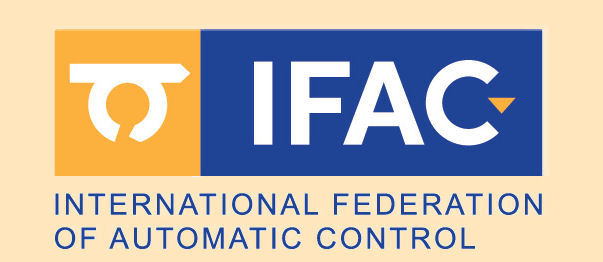| Paper ThuS2T1.2
Wang, Jiaxing (Southeast University), Li, Yiguo (Southeast University), Lu, Nianci (University of Shanghai for Science and Technology), Song, Yuhui (Southeast University)
Coordinated Control Strategy for Concentrated Solar Power Systems Considering Active Defocusing
Scheduled for presentation during the Regular Session "Photovoltaic and Concentrated solar systems" (ThuS2T1), Thursday, July 11, 2024,
11:50−12:10, Salle des conférences
12th IFAC Symposium on Control of Power & Energy Systems, July 10-12, 2024, Rabat, Morocco
This information is tentative and subject to change. Compiled on January 2, 2025
|
|
| Keywords Operation and Control of Renewable Energy Systems, Energy Storage Systems and Technologies, Stability Analysis and Control in Energy Systems
Abstract
With an increasing proportion of renewable energy in the energy structure, concentrated solar power plants are required to respond rapidly to automatic generation control (AGC) commands, to ensure the grid stability when connected to the grid. Active defocusing affects the collecting capacity of the collector, which not only serves as a safety protection measure for system operation, but also improves the system load shedding rate and provides the possibility of system participation in the auxiliary service of grid frequency regulation. In this paper, a coordinated control strategy for parabolic through concentrated solar power (PTCSP) system considering active defocusing of collector is proposed. The coordinated controller utilizes four manipulated variables, including mass flow rate of heat transfer oil in the collector, active defocusing angle, mass flow rate of molten salt in the heat storage system, and main steam valve opening, to regulate three output variables, namely, collector outlet temperature, turbine power, and main steam pressure. By integrating the steady-state defocusing angle in the optimization function, the controller can utilize the extra control freedom degree to improve the control effect, and ensure that the final steady-state defocusing angle to be small, which reduces the unnecessary heat collection loss. The proposed control strategy improves the power response rate and also avoids excessive heat transfer oil temperature and main steam pressure. In the simulations featuring two 20% variations in load target value, the root mean square error of the outlet temperature of the collectors is reduced by 0.094, and the heat storage is reduced by 0.99 MWh.
|
|


 This site is protected by copyright and trademark laws under US and International law.
This site is protected by copyright and trademark laws under US and International law.